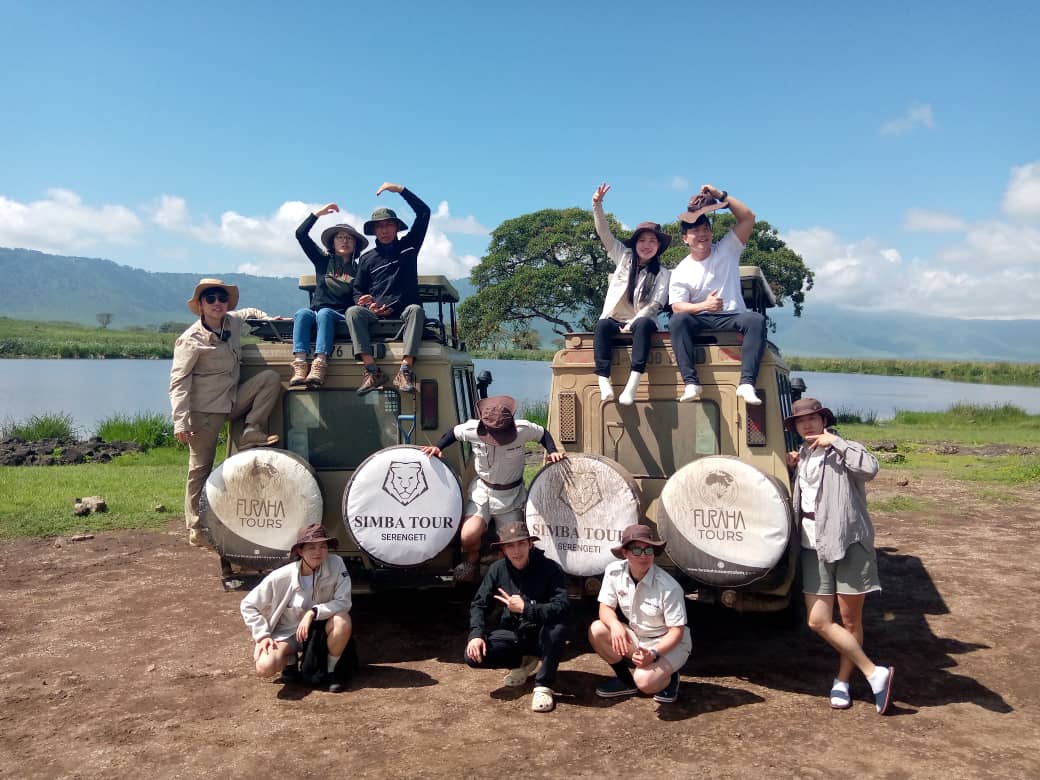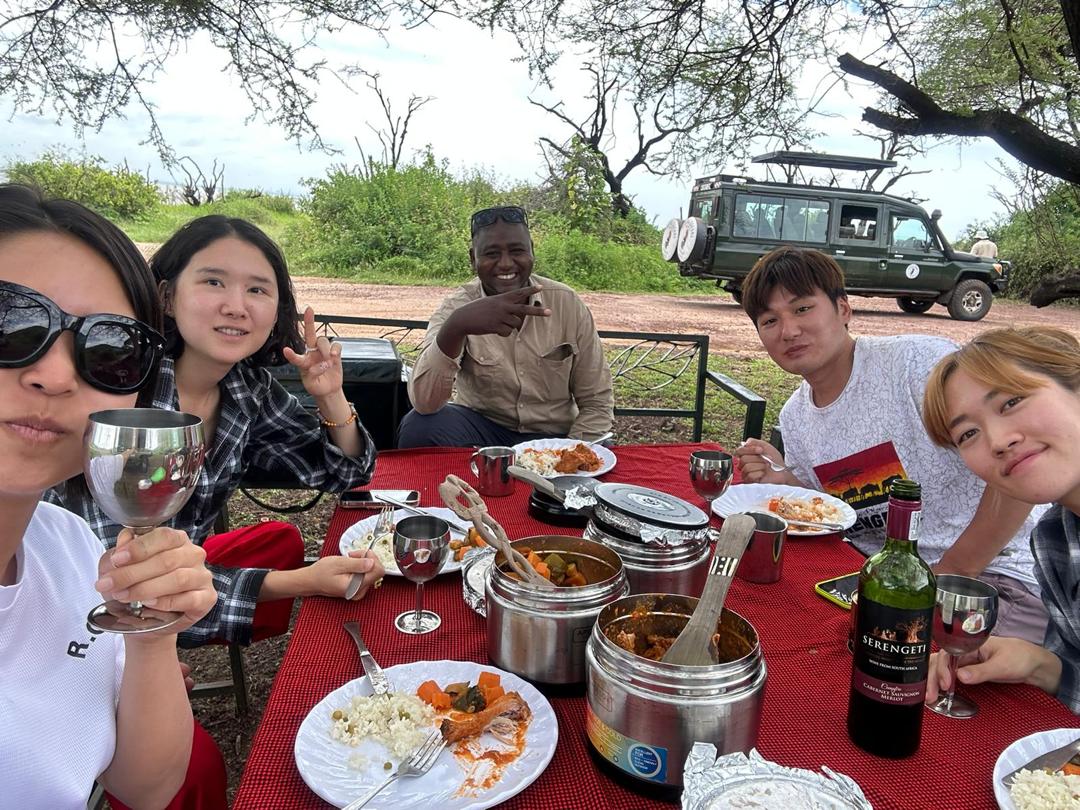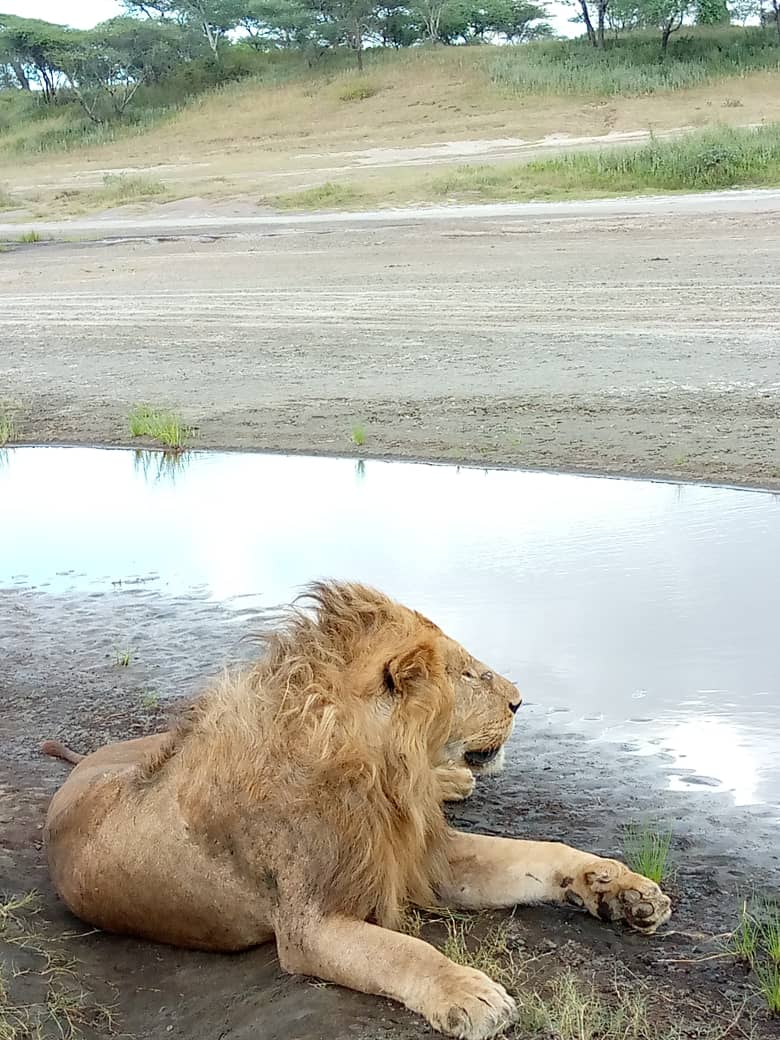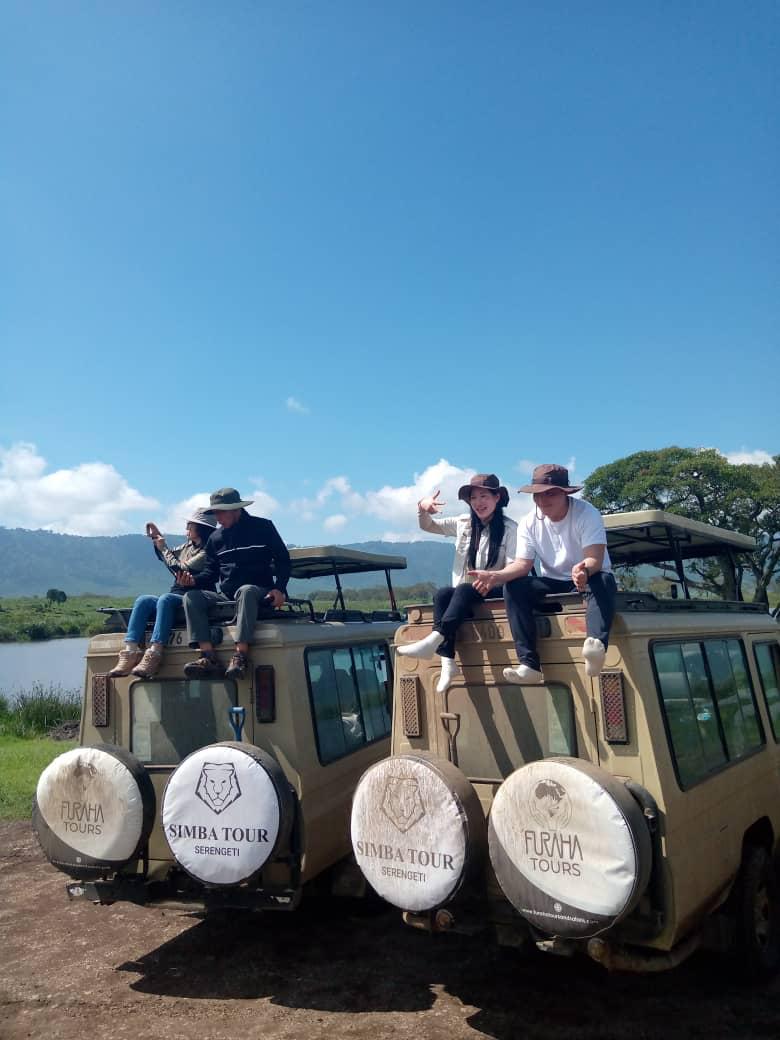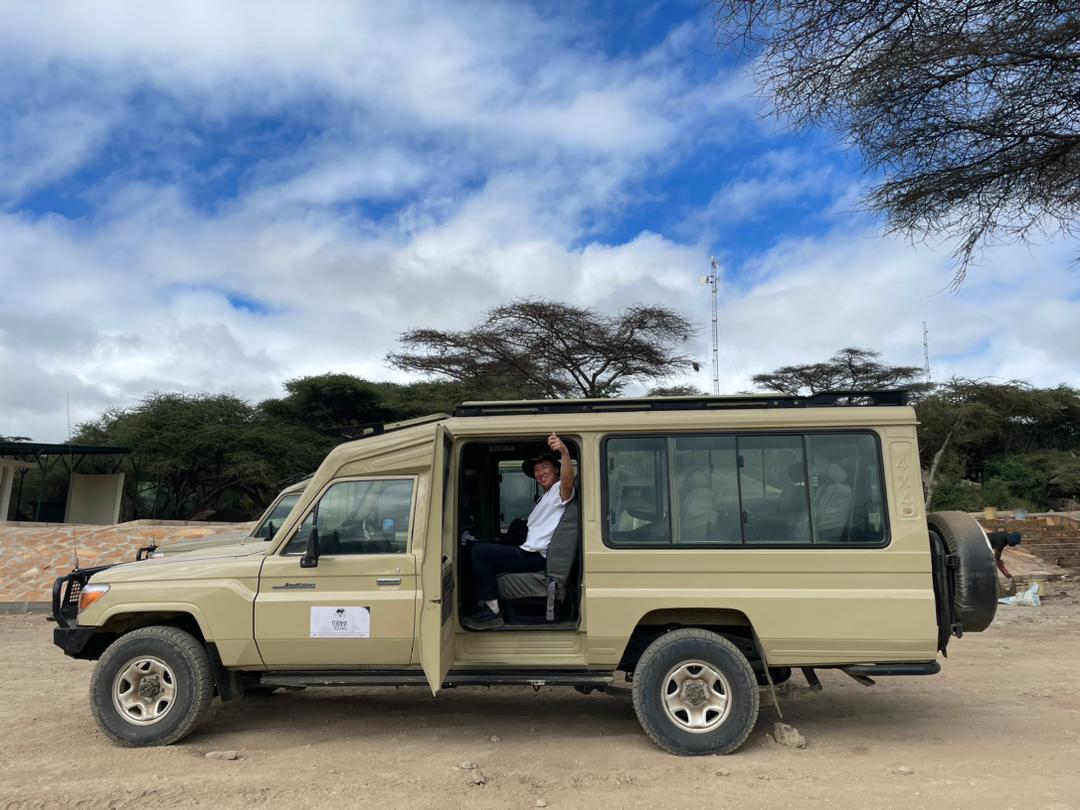Includes
Transportation in a 4×4 safari vehicle
Professional, English-speaking guide
Overnight accommodation according to the itinerary
Meals according to the itinerary
Mineral water
Hot Lunch
All mentioned activities
All national park fees
Important information
What to Pack for Your Safari
Packing for your first safari can be a bit daunting. What do you bring? What don’t you need? Below you’ll find our recommended list of things to bring along with you when you’re on safari.
• A backpack
While there is plenty of room in our safari vehicles for your larger suitcase, it's always handy to have a more manageable bag that you can have with you in the vehicle.
• A warm sweater or light fleece
Nights and mornings in East Africa can be cold, so it's always good to have something a little warmer to throw on until the sun warms the plains up.
• Walking shoes or boots
Much of your safari takes place within your safari vehicle, but you'll need a comfortable pair of shoes. In the car, you'll want a pair of comfortable shoes that cover your skin to prevent against sunburn and insect bites.
• A long sleeve dress shirt and trousers
Perfect for both sun protection and to ward off hungry mosquitoes, a long sleeve shirt and trousers are also a good option for a cold morning or evening.
For the lodges, you'll also want these handy for dinner and drinks at the end of a long day.
• Sunglasses
The sun in East Africa can be quite intense, so sunglasses are a good protective measure and have the benefit of reducing glare while you're game-viewing.
• Hat
Sun protection should be a priority while you're on safari. While your vehicle provides shade, having the top up for game-viewing means you'll be exposed to the elements.
A good hat is a great way to avoid nasty burns or heatstroke.
• Sunscreen and lip balm
Another valuable precaution against the often harsh equatorial sun, sunscreen and lip balm will protect you where your clothes don't.
• Insect repellent
Mosquitoes and tsetse flies are both capable of carrying diseases and their bites can be quite irritating or painful. Tsetse flies can deliver a particularly nasty sting.
A good insect repellent is a good way to ward off these blood-thirsty little guys.
• Camera
It goes without saying that you're going to want a camera for your safari adventure. While in some cases your smart phone will be enough to snap a shot, a camera with a good zoom lens is the perfect companion.
• Binoculars
Furaha Tours vehicles come standard with a single pair of binoculars that you can share with your driver, but having your own pair is a good way to ensure you don't miss a second of the action.
You don't need an expensive pair. Even a travel-sized pair of binoculars is sufficient for game-viewing.
• Batteries and/or charger for your camera
You don't want to be midway through a day on safari and suddenly run out of battery for your camera.
Furaha Tours vehicles come standard with in-car charging stations, but it's always a good idea to travel with an additional battery.
Additional SD cards are also a good idea to ensure you don't need to stop to delete photos.
• A flashlight or headlamp
The wilderness can be pretty dark, so a headlamp or flashlight can be essential when moving about lodge after dark, Many lodges provide these.
• Guide books
You don't need a hefty Lonely Planet for your safari, but having a wilderness guidebook is a good way to build a 'to do list' for your trip.
Your Furaha Tours driver is a font of knowledge when it comes to animal, bird, and plant-life too. Don't hesitate to ask questions!
• Phone and charger
Whether it's to stay in touch, to share your photos, or just so you can snap pictures on the fly - bringing along your smart phone is a good idea.
Savvy travelers may wish to purchase a local SIM card, but many hotels have WiFi.
• A good book
You'll rarely find yourself without something to see while on safari, but there is going to be some downtime.
Whether it's the drive to or from the airport or just a lazy night at your lodge, having a good book (or a Kindle) on hand is a great way to pass the time.
• Tissues/Wet Wipes
While all national parks and lodges have toilet facilities available, there's no telling when nature might call and you'll need to make use of the famous 'bush toilet'.
Having a packet of tissues or wet wipes in your pack is always a good idea.
Medical Essentials
While all of our Furaha Tours vehicles have their own on board first aid kit, it never hurts to be prepared.
You might wish to consider the below list and figure out which medications you'd like to bring along for your trip. We've highlighted those we think are most essential in italics.
• Anti-malarial medication;
• Painkillers;
• Antihistamines for allergies and insect bites;
• Cold and flu medication;
• Anti-Diarrhea medication;
• Medicines for re-hydration after diarrhea or sunstroke;
• Eye drops;
• Moisturizer for treating sunburn;
• Antiseptic lotion;
• Rubbing alcohol;
• Bandages and plasters;
• Scissors;
• Tweezers.
If you're planning to climb Kilimanjaro or do some hiking, you may also wish to bring along water purification tablets.
All of our safari clients are provided with 1.5L of drinking water per day.
Don’t let the above list daunt you. Many of these items are only necessary in extreme cases, but it’s better to have something and not need it than it is to need something and not have it!
What to Wear on Safari
There is no dress code for safari, however it is advised that you were inconspicuous clothes in brown, green, beige, khaki, or other neutral colors so as not to draw attention to yourself or frighten the animals away.
As driving distances can be quite long while on safari, it is advisable that you dress lightly and comfortably. With evenings able to get quite cold, it is also advisable to bring along warmer clothes.
Guests of certain lodges may also be expected to wear trousers and collared shirts for dinner (for men) or dresses (for women)
Weather in Tanzania
As an equatorial country, Tanzania does not experience the four traditional seasons - instead having alternating wet and dry seasons.
June through October in Tanzania's long dry season. Rain is extremely uncommon and game-viewing conditions are at the best.
